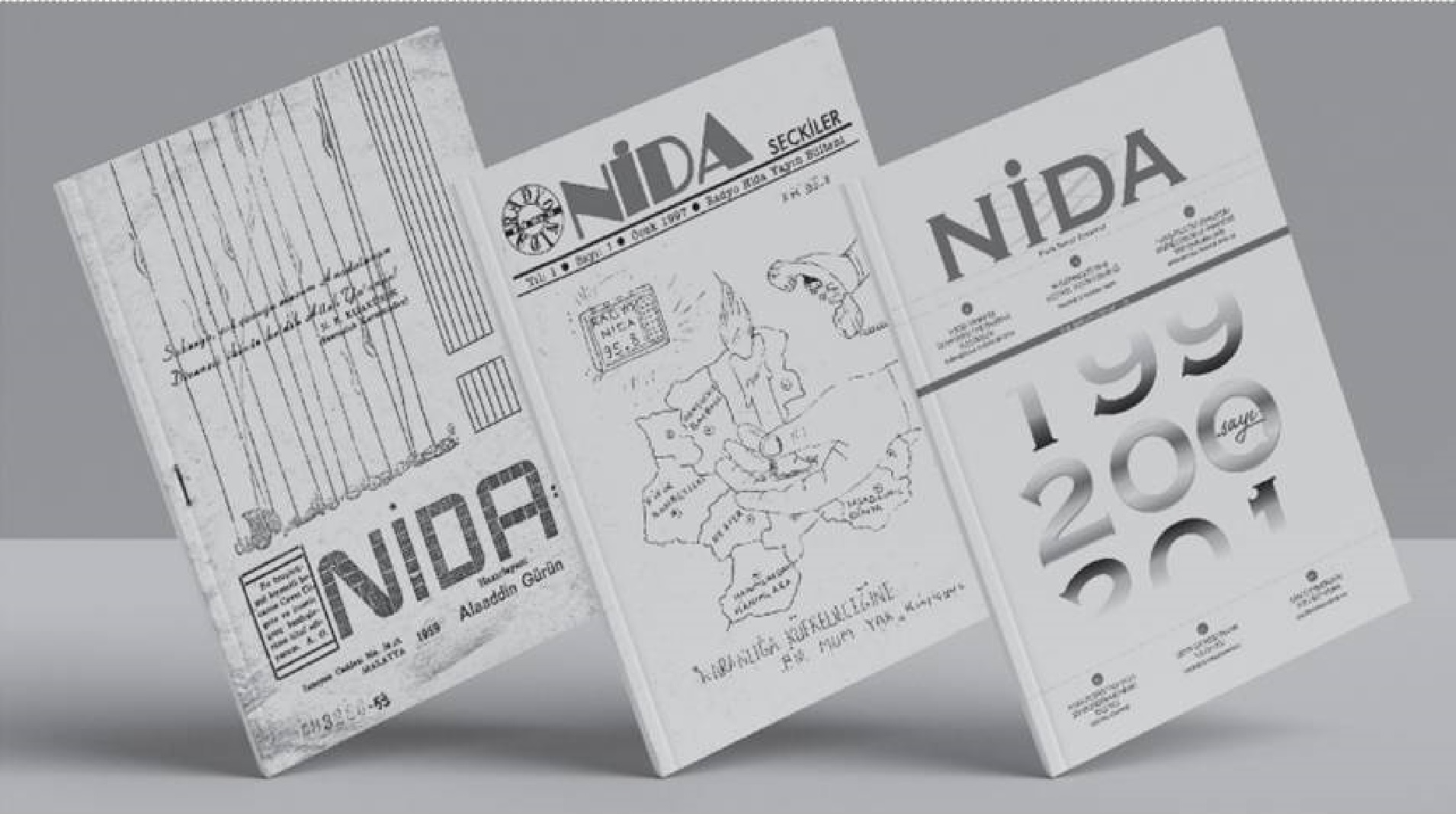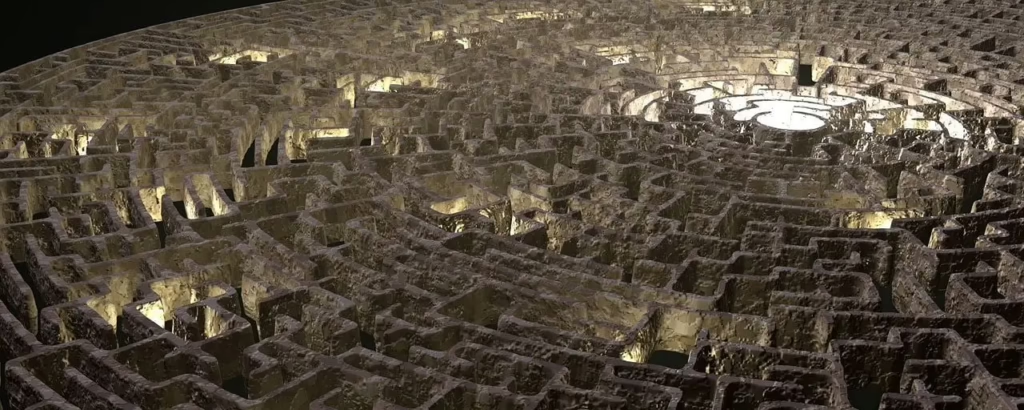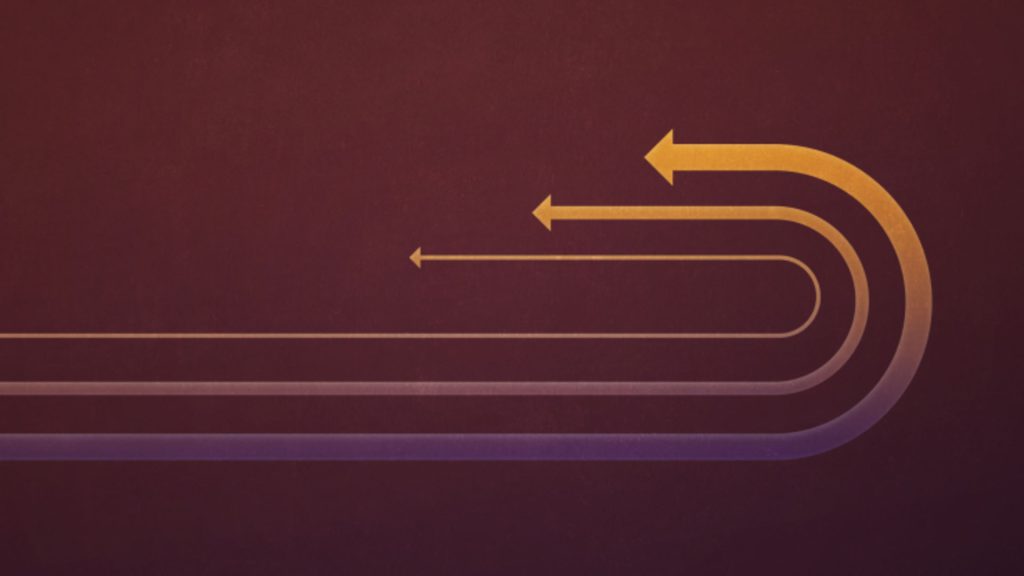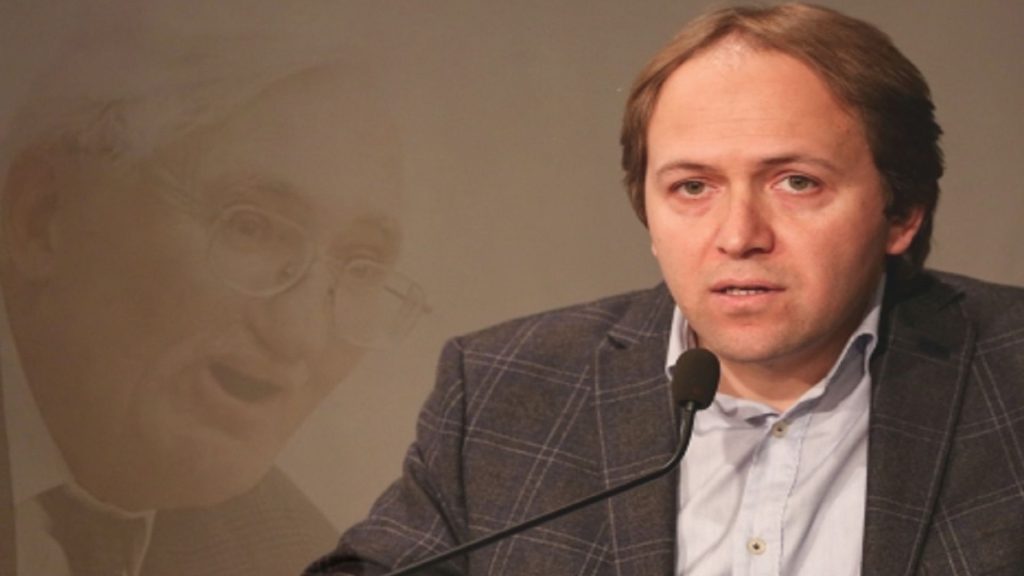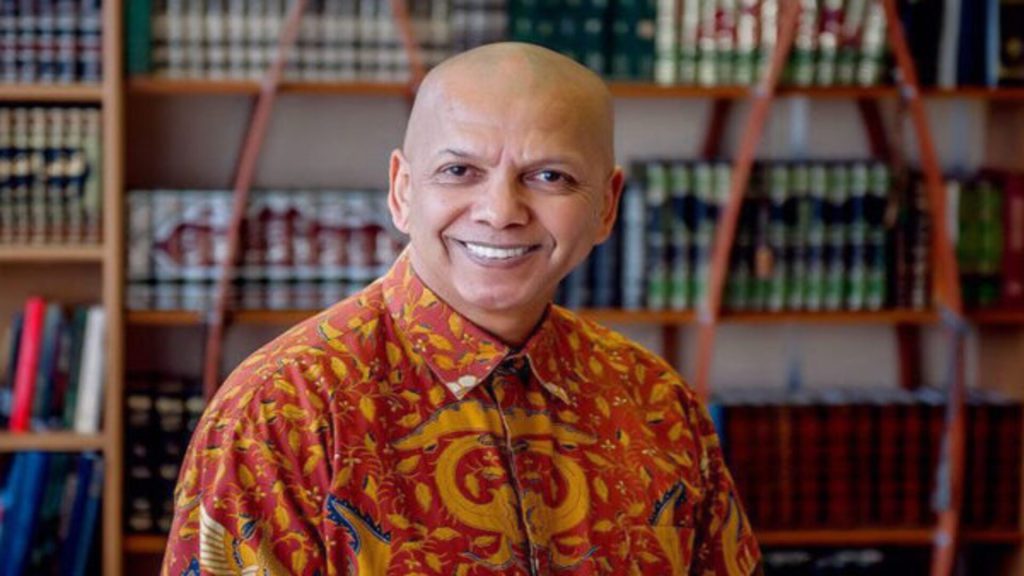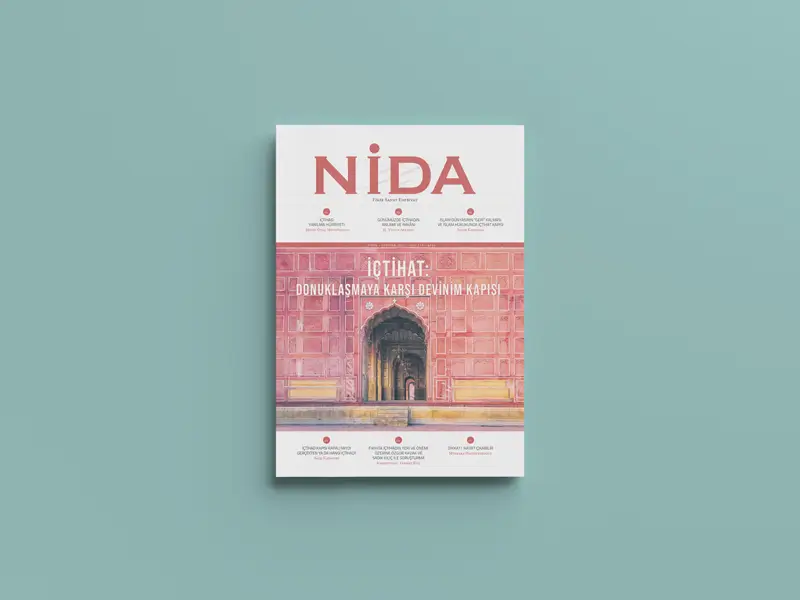Sercan Ünğan /Interview
In the 200th issue of Nida Journal, we had a special interview with Ferda Bütün, who is both the general publication cordinator, the founder and the older sister and mother of the Journal, especially for her 25th anniversary. In our conversation, we focused on Nida Journal in particular and the essence, spirit, challenging aspects and encouraging aspects of journalism in general, rather than technical details. Of course, the answers we got were not ordinary answers. Because the person who answered our questions was someone who helped Nida Journal come to life and also took part in the intellectual struggle throughout her life. We have no doubt that you will experience many emotions at the same time, from joy to sadness, from thoughts to anxiety and trouble. It was not easy to talk in the limited number of pages of 25 years. We said Bismillah in this regard, it is up to you to read and do what is necessary. We hope that it will be a good start for you to have an idea about our journey and to accompany you on this journey, and we leave you alone with the sincere lines of our conversation.
What is the equivalent of Nida Journal for you?
A childhood dream, being reactivated of a father’s newsletter in 1959, longing, searching for righteous deeds, school, pain, awakening, searching for means of a resurrection…
The desire to endeavor, by saying that a seed to the garden of thought is from us, a rain to the tree of contemplation is from us, and a generation of contemplation is from us…
The serenity of being both a teacher and a student of Nida Journal is our equivalent…
Considering the 25-year history, what would you like to say about Nida Journal and Journalism?
Of course it is difficult to fit 25 years in a few lines. Like wrapping up a ball, with patience, joy, determination, sometimes fatigue and the ensuing excitement of resurrection… Learning that you have met your fellow travelers and getting the peace of being at your goal with pearls and corals while you dive into the world with the actions and ideas you weighed after the discussion…
Nida Journal was born and growing like a baby. When you compare the 1st issue with the 200th issue, you can observe how much distance has been taken in 25 years. From time to time, there were periods of convalescence in Nida Journal, as in all living things.From the beginning until today It has continued on its way with new friends as well as those who had been constantly in its staff. Of course, it is not enough to thank the authors who have contributed with their articles for many years. May Allah be pleased with all of them, surely our Lord will reward their efforts in understanding the truth. It is up to us to thank for reading and making those articles read. We would also like to thank all our brothers and sisters who have been our fellow readers since Nida Journal started its first publication life.
Nida Journal aims to be a school for understanding rights and truth. Today, It is concerned to move forward by adopting the principle of creating a long-term domain while determining the issues for the trends that try to influence the course of the world without being confined to the agenda. We hope we can be successful in this regard.
Journalism… It is difficult to ensure the maintenance of journals that started publishing with great enthusiasm and hopes in a society where journal reading is not seen as a need. Writer, reader, technical support, transportation… Especially if you are trying to stand on your own feet in an atmosphere of a series of problems, you have to resist the conditions, not to be defeated. In a world where there are classifications such as ‘literature is independent of idea’ or ‘idea is independent of literature’, the voices are a little quieter in a world that is divided into fanzines and classified readers. A world of readers immersed in the flow of popular culture has to fade like the flowers that adorn the city for a day. After the excitement of the university years has passed, the journals have to lose their readers due to the siege of business life. In short, despite difficulties, its beauty and blessing have an effect that will make these difficulties forget.
If you act on the fact that Journalism is a grueling occupation… Can you paint the main problems you are experiencing with a brush broad?
In the years when Nida Journal was published, it was difficult to do a job as a woman. Nowadays, affirmative action or entrepreneurship is easier and more opportunities for women.
Our departure was not taken seriously at first. It was seen as a whim, an excitement; The process showed that this is not so, alhamdulillah. When we started to be allies of each other later in practice of the 71st verse of the Surah At-Tawba, the Journal started to take root and bear fruit. Like a stone thrown into water, it bounced off like a halo. The younger ones in those days, like you, became even better cooks in the Journal’s kitchen today. If you are loyal to your ideal, you do not care much about the difficulties in your life, and you are even more riveted. In order to sprout the wheat seed under the ground, it has to see minus degrees, that it can sprout. There is a famous definition of the last period: “Comfort corrupts people!
What is the motivation for the desire and effort to survive in an environment where many Journals are closed?
First, God’s help. Consultation, coordinated work and fresh excitement like you. The most important thing is feeding with constant readings. If the people in the kitchen of a business have started to become pessimistic, this affects the taste of the food that comes to the table and even cuts the appetite of those sitting at that table.
A Journal staff should not sit at a desk like office workers. Knowing that movement will bring abundance, it should evaluate the idea and action process that will feed desk work. The writer should also renew himself/herself, and the reader should be able to examine what s/he reads so that there is an excitement from this solidarity. You have to watch for the pulse of the time in order for your good deeds to be acceptable as much as you watch for the time of the prayer. In the Sunnatullah, everyone has a reward for their works. Also, there should be no conflict in the works. To express it in the language of revelation: Do not quarrel, your wind will be cut off and do not relax.
What kind of connotation do these words make for you? “Every Journal is a school.” or “Journals are castles of free contemplation.”
We are experiencing this personally. Actually, we were the first to be trained when we crossed the threshold of difficulties when a journal was released. When we were publishing the journal, it was making us bigger, in fact. The statement “every journal is a school” has been an armor for us to face the difficulties in the first years of the journal. Sometimes this sentence would prevent us when we started the process of questioning ourselves, “I wonder if we should support an existing one instead of putting so much effort”. Because it is not easy, journalism wants a serious income. When the number of readers and supporters is low, you inevitably think… So, ‘Nida Journal School’ taught us a lot, a lot…
In order to be a bastion of free ideas, journals should not depend on any other place other than the truth. If you are connected to somewhere economically or physically, this connection may be shackles on your feet. That’s why you have to pay attention to the way you exist. Freedom is up to a certain point. As Nida Journal, if someone brings us an article contrary to the truth, would we publish it? Freedom of ideas cannot be openly, it should not be. Even if the principles and criteria are in a journal, they should not be overlooked.
Why printed journals in an age when digitalization has penetrated to the capillaries?
This is a necessity… Digital can also be used as a style, but we are still in a world where people want to smell the smell of paper. Although the revelation came as an oral culture, it was handed down to generations in print. The digital environment gives people the feeling of being surrounded by simulacra. So there is sight but no feeling, no smell. The printed journal embodies it. One day, every cloud has a silver lining, the generation that is tired of digital, like the search for meaning of a person melting in revolving matter, goes in search of printed matter and finds a Nida Journal that will touch the shelves that day.
When you consider the 1st and 200th issues of Nida Journal, what would you like to say about the changing and unchanging parts?
The only thing that does not change is the ideal and the searching of wisdom. Apart from that, it always tried to renew itself. Of course, there are names that do not change.
When we put the phrase as a center point “one whose two days are equal to each other is wasted”, is there such an effort as “the two issues of the Journal are not equal to each other”?
Of course it is. As someone who is in broadcast and production, you are witnessing this, too. We try to avoid repetition through frequent meetings and consultations. Although topics that seem to be the same after the intervening years are handled, the way of functioning and the people working are different. There is a saying: “You don’t ever step in the same river twice.”
What are the most encouraging and most challenging aspects of journalism for you?
In the world of readers, the Journal is a separate need. You have the opportunity to read a topic from several perspectives. While you are writing a book alone, you are writing a Journal with many people. The Journal is one leg of the reader’s table, if this leg is missing, the table will shake. This foot must also exist without disturbing the balance. Difficult matters are not difficult as you get used to the road. When you take care of your business, Allah, the Lord of the worlds, also takes care of it.
Would you like to give a message to our subscribers and those who will read our interview, on the occasion of the 25th anniversary of Nida Journal?
I would like our subscribers to think a little louder. When we say thinking aloud, when they take the journal in their hands and read it, it makes us happy and happy if they share something positive or negative. It would be better if they did not spare their support in order to go together for many more years and to convey our thoughts to our generations. Haven’t we come to these days with this solidarity?
I would like to thank you for all your efforts and hope that your efforts and the efforts of all the veterans who contributed to the journal will be accepted in the presence of Allah.
Amen. May it make us and each of our journal issues a means of gaining both our profit in the hereafter and the light of sight for humanity in this world. I thank you, too. There is a lot to say for 25 years, a lot has happened because…
Çeviri: Merve Yeşilbaş – Halenur Lermi
Tashih: Çiğdem Karacadağ
